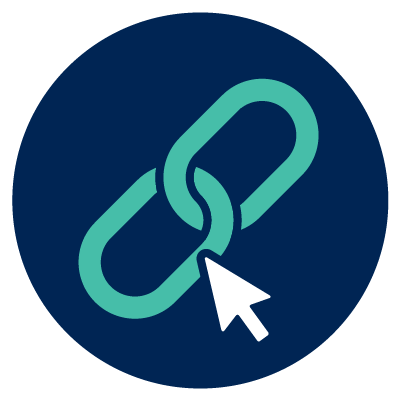Restart wage subsidy for people over 50
The Restart wage subsidy is for businesses that hire job seekers aged 50 years or older. The subsidy pays up to $10,000 over a 6-month period.
Who can get Restart
To be eligible for a Restart wage subsidy, the business must:
- have an ABN
- not have recently cut back its number of employees, or be planning to
- not do anything that might damage the reputation of the wage subsidy or the Australian Government for example, having a history of wage theft or illegal activities
- not be getting another government wage subsidy for the same job seeker or position.
The job seeker must:
- be at least 50 years old
- be registered with a Disability Employment Services (DES) provider
- not have worked for the employer before, or for any other business connected with the employer
- not be an immediate family member of the employer.
There may be other conditions, based on the job seeker’s situation. You can contact your DES provider for information about these conditions.
What types of jobs are eligible
The job can be full time, part time or casual. It must:
- be at least 20 hours a week on average over the 6 months of the subsidy period
- be ongoing
- meet the employment standards for the position – for example, is suitable work and pays at least the national award wage
- not force another employee out of their job
- not be a commission based, subcontracted or self-employment position.
Apprenticeships and traineeships are also eligible for Restart wage subsidies.
How to apply
To apply for a Restart wage subsidy, employers need to contact a local DES provider within 12 weeks of the job starting. The DES provider will help manage the process and payments.
- The employer contacts a DES provider.
- The DES provider checks if the business, job seeker and position are eligible.
- The DES provider and employer discuss the wage subsidy payments and sign an agreement.
- The DES provider pays the wage subsidy to the business.
For more information, get in touch with a DES provider or contact JobAccess.
How the payments work
The DES provider pays the Restart wage subsidy to the employer over a 6-month period. Employers can arrange with the DES provider how often they get a payment. The full rate of the subsidy is $10,000, including GST.
The DES provider can claim the payments back through the Department of Social Services (DSS). Providers need to show proof of the payments and that the employer and employee are eligible for the subsidy.
Employers must pay all wages and meet all other standards under the law for their employee. This includes paying superannuation, tax and insurance. And meeting work health and safety requirements.
Useful Downloads
Last updated:
Restart wage subsidy for people over 50

The government can support business to help them pay people with disability.
We call this type of support a ‘wage subsidy’.
Restart is a wage subsidy for people who are 50 years old or more.
It can pay businesses up to $10,000 over 6 months.
Who can get Restart?
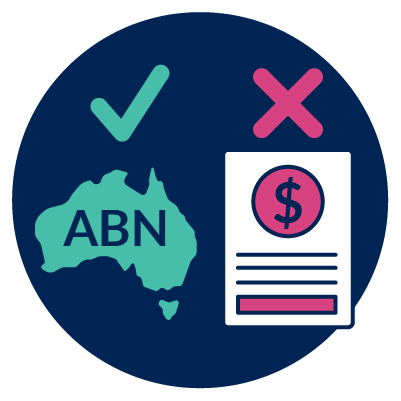
To get Restart, the business you work for:
- must have an ABN
- can’t be getting other wage subsidies for hiring you.

The business needs to be trustworthy.
For example, they can’t:
- do illegal things
- pay their workers less than what is fair.
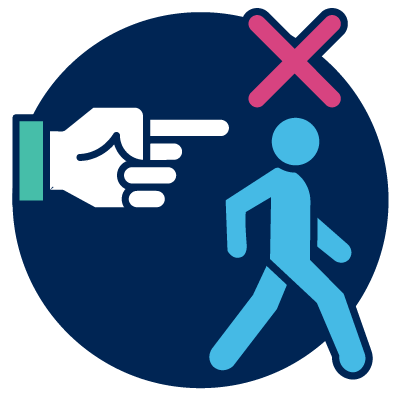
The business also can’t have recently fired lots of its workers.
Or be planning to do this soon.
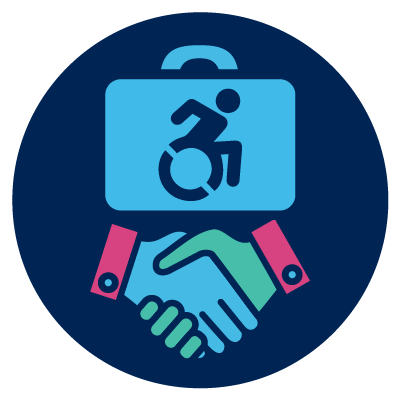
You also need to have a Disability Employment Services (DES) helps people with disability find and keep jobs. DES providers deliver services to help people with disability do this.
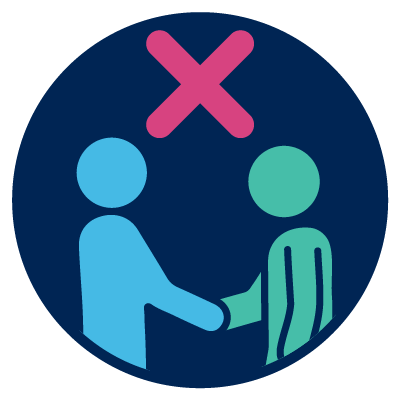
You can’t have worked for the An employer hires people to work for them. before.
- This includes other businesses connected to the employer.
And you can’t be a family member of the employer.

It’s a good idea to ask your DES provider if you can get Restart.
They can check if:
- you can get Restart
- the business you work for can get Restart.
Types of jobs

The business where you work can get Restart if your job is:
- full time
- part time
- casual.
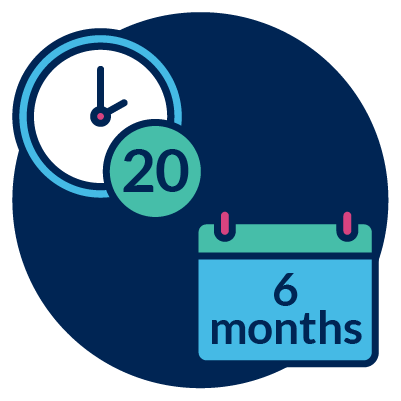
You must also do your job:
- for at least 20 hours a week on average
- for the 6 months that Restart will go for.

The business needs to meet the rules about how to be a good employer.
For example, it needs to pay at least the minimum wage for you to do the job.

You might also be able to get Restart for an When you do an apprenticeship, you learn how to do a job while you work. Sometimes we call them traineeships.
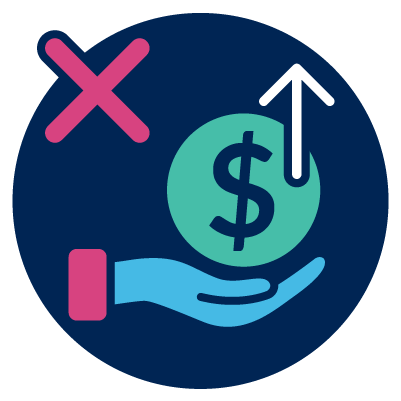
You can’t get Restart for a job that is based on A commission is when you earn more money if you do the job well.
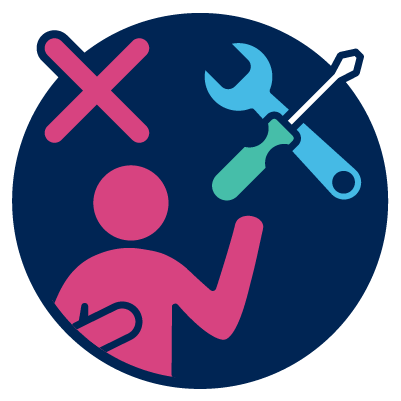
You also can’t get Restart for a job as a A subcontractor has their own business that the employer hires.

You can’t work for yourself.
You need to work for an employer.
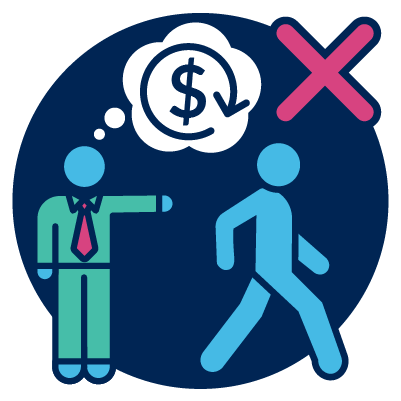
If your employer wants to get Restart, they can’t make someone else leave the job so they can hire you.
How to take part
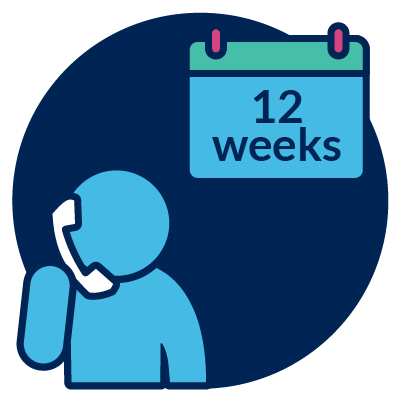
Your employer needs to contact a DES provider to take part in Restart.
They need to do this within 12 weeks of when you start your job.
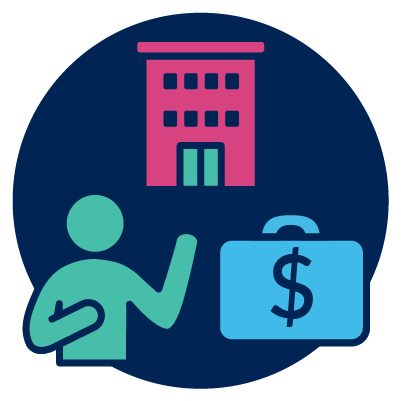
The DES provider will check if Restart can support your employer.
They will check:
- the business
- you
- your job.

The DES provider and your employer can then talk about how payments will work.

After they sign an agreement, the DES provider will manage the payments to your employer.
How payments work
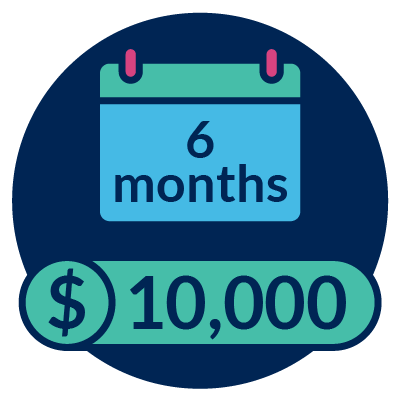
The DES will give payments to your employer for 6 months.
Your employer will work with the DES provider to agree on how often they get payments.
The most your employer can get is $10,000 over 6 months.
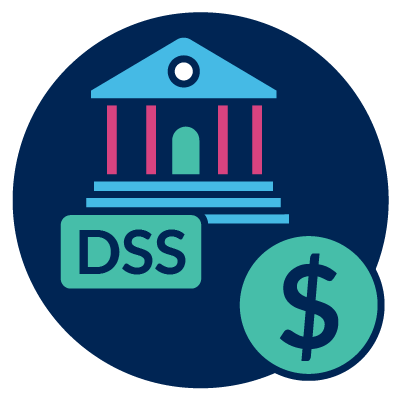
The DES provider can get the payments back through the Department of Social Services (DSS).
They need to show proof that:
- they gave your employer the payments
- you and your employer can get support from Restart.
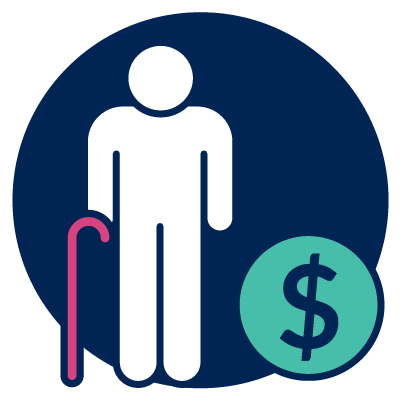
Your employer also needs to follow the rules about treating you fairly.
This includes paying for things like your Superannuation is money that is set aside for you to use when you retire.
More information
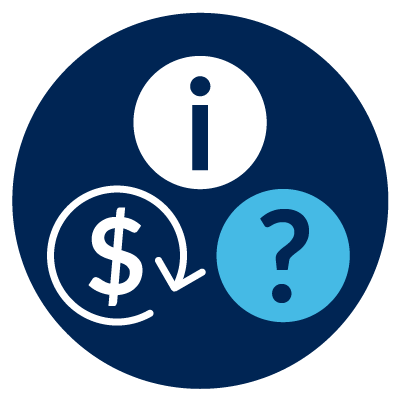
You or your employer can contact a DES provider for more information about:
- Restart
- how to take part.


You can call the Employer Hotline.
13 17 15

You can call the National Customer Service line.
1800 805 260
Or you can email them.
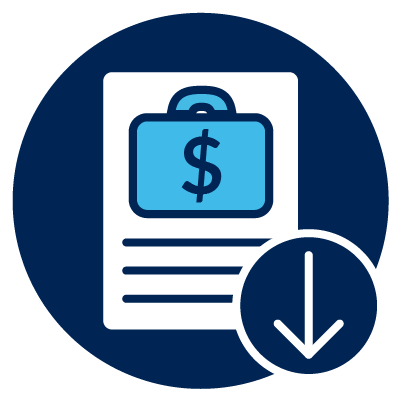
You can also download our information sheets about supporting people with disability to:
- find and keep a job
- earn money.

